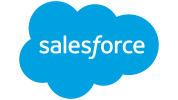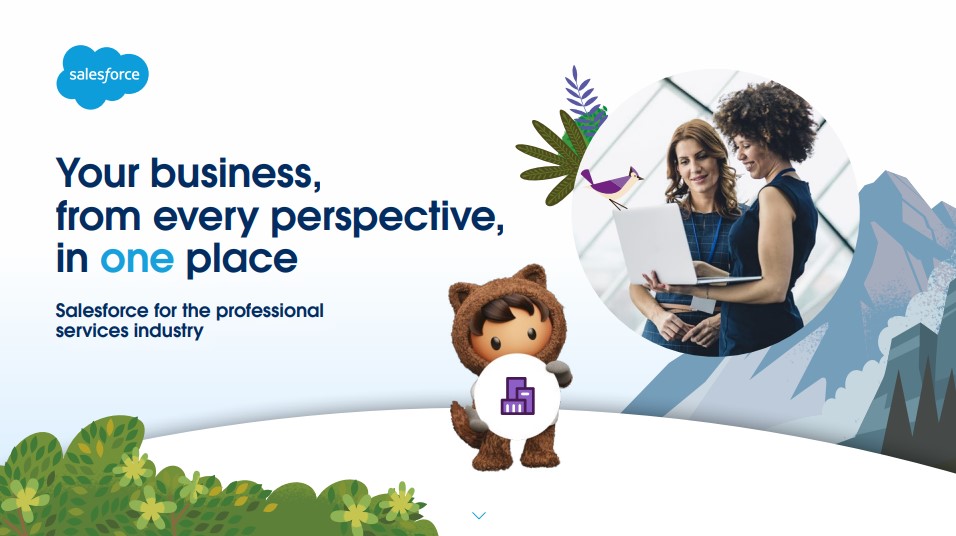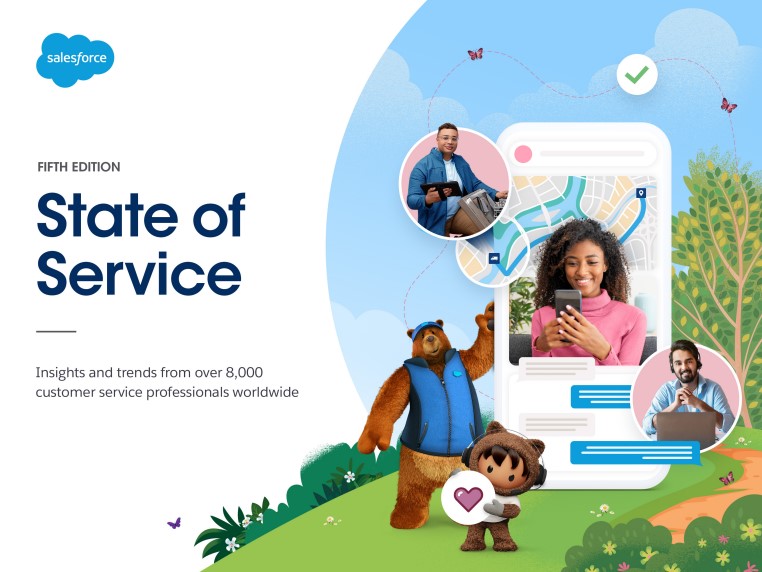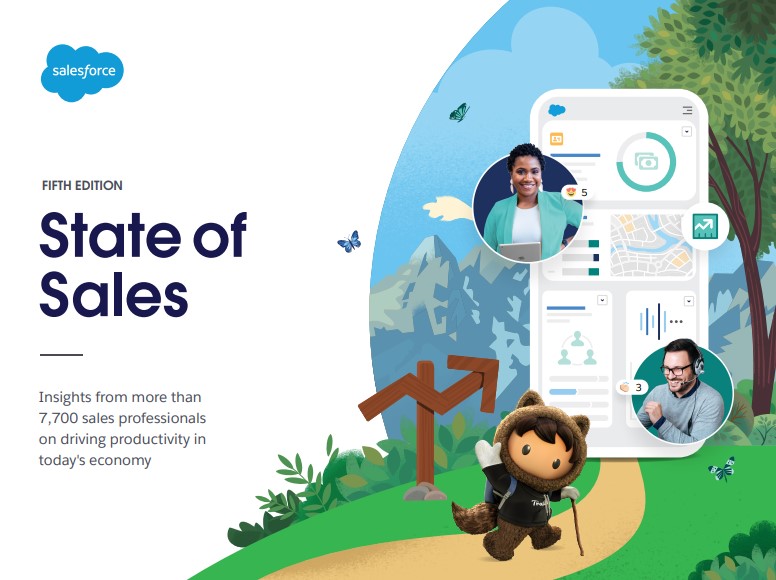A primer for data readiness for generative AI
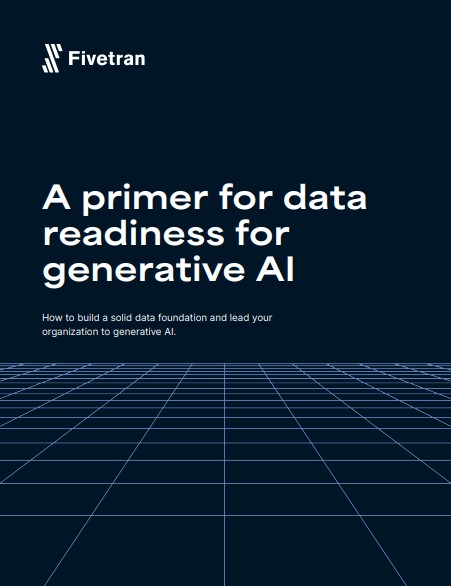
Global CEOs are making generative Al a top investment priority, and enterprise technology leaders are feeling the pressure to implement a unified data strategy and better data management to support generative Al. To fully leverage generative Al, an organization needs mastery over its proprietary data. That requires a solid foundation of data operations technologies and organizational norms that facilitate responsible and effective use of data.
Download this guide to learn:
→ The critical foundations and capabilities of generative Al
→ How to successfully prepare a solid data foundation and leverage it
→ Key components of an enterprise data platform architecture for generative Al
